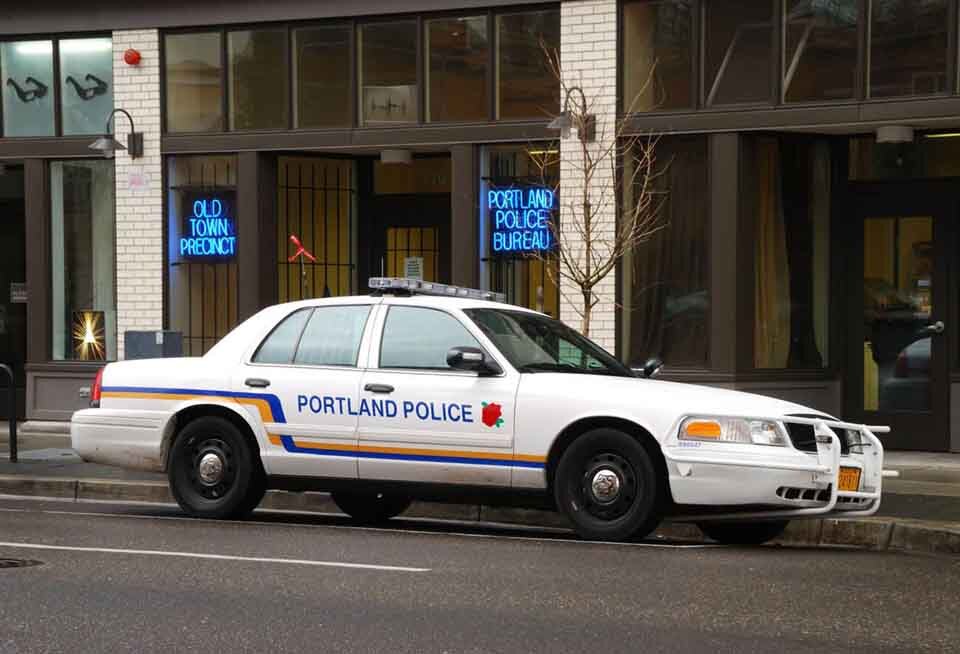Oregon State Lawmakers Listen to Law Enforcement Speak About Open Air Drug Markets

If there’s one enigma that Oregon has been struggling to solve, it’s the drug crisis. Now we have another concern on our hands: the open air drug markets.
If you’re not sure what I’m referring to, it’s the infamous Measure 110, which decriminalized small amounts of hard drugs within Oregon. It also directed funds towards recovery treatment, but it just isn’t enough to balance out the overwhelmingly negative effects of the first half of the measure. It essentially eliminated laws that were supposed to stop public drug usage.
Not only does it stop law enforcement from stopping public drug usage, but it also prevents them from doing anything about drug dealing. People can distribute drugs to others without major criminal consequences, so long as what they have is in a small enough quantity. As you can imagine, this has had disastrous consequences.
In order to formulate a proper response to the rampant drug crisis, Senator Kate Lieber and members of the State Committee on Addiction and Community Safety response spoke to those who have first hand knowledge of the consequences: law enforcement. On Monday, they sat down and listened to what law enforcement had to say about what needs to be done. They invited multiple members of law enforcement, including Detective Scotty Nowning and Aaron Schmautz, who is the president of the Portland Police Association.
“We’ve got dual goals. We want to make sure people can be safe on our streets including the public, but we also want to make sure people get the help they need when they need it,” said Lieber when addressing the drug crisis. “We can’t have open air drug markets in our cities. It’s unacceptable.”
So, what did law enforcement suggest? For once they feel that addiction is not a criminalization issue, but a healthcare issue. If they want to tackle drug usage, they need to be able to confiscate drugs.
Schmautz was straightforward when he said “I think that street use being a misdemeanor is a mandatory reality given the kind of the posture on the streets in Portland today.”
However, Schmautz and Nowning also acknowledged that this was a multi-layered issue that correlated with quite a few other issues Oregon is facing, including trust in law enforcement and homelessness.
“If we can build up those trusting systems, it would reduce force. It would reduce negative interactions with law enforcement. It would provide people some hope,” Schmautz said when referring to police reputation and trust within Oregon.
It was Nowning who addressed the issue of homelessness, and how it strongly related to the drug issue. “It’s directly correlated to the homeless issue,” he explained to those listening. And I spoke to our homeless services team this morning. They estimate 80% to 90% of the homeless they’re dealing with in Salem are addicted to fentanyl.”
Law enforcement officials were adamant when they said that they needed the support of the community and compromise if they wanted to be able to help the drug crisis. They spoke about everyone who was frustrated by the measure and the lack of safety they felt due to this new measure. There are people who can be regularly spotted outside of businesses, in parks, and around neighborhoods, openly using, with nothing they can do about it.
Representative Christine Goodwin asked Schmautz if there was urgency for lawmakers to take action on this situation. The answer? Schmautz suggested that if the issue isn’t resolved through proper cooperation between lawmakers and law enforcement, then the state is on the precipice of a 40 to 50 year downturn.

Comments are closed.